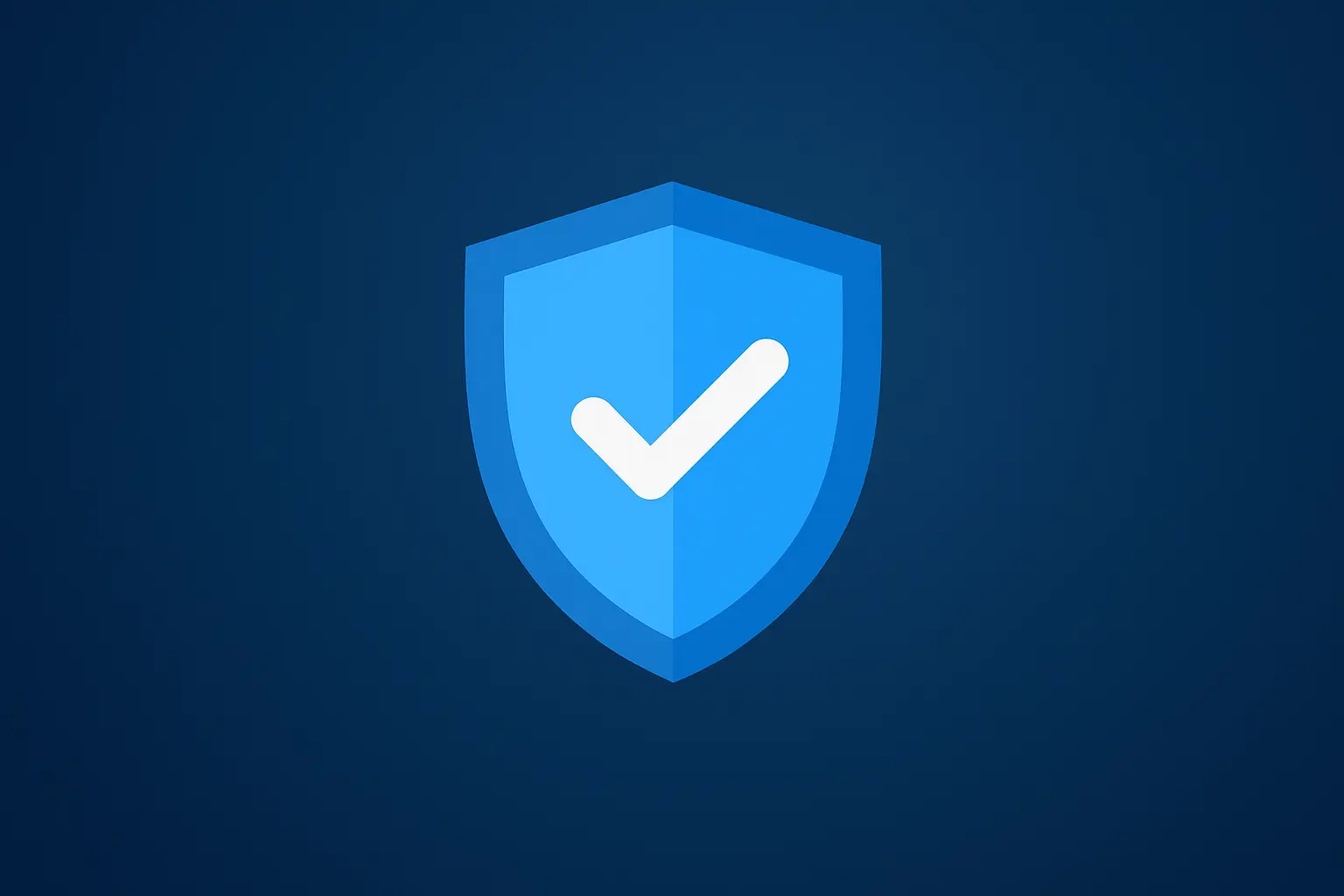The Internet Trend That Sparked a Global Discussion

Every day, the internet gives birth to new words, memes, and digital phenomena that spread like wildfire. Some vanish within days, while others linger long enough to raise questions about culture, privacy, and ethics. One such recent buzzword that has flooded forums, meme pages, and social media threads is Coomer Su, or coomer.su.
If you’ve seen this name trending and wondered what it’s about, you’re not alone. In this Techticon analysis, we break down what coomer.su actually is, where it came from, why it’s controversial, and what it reveals about our online behavior. We’ll also look at safe and ethical alternatives for those curious about the platform’s type of content.
The Origin of the Term “Coomer”
Before understanding coomer.su, we must unpack the meaning of “Coomer” itself.
The term “Coomer” first appeared in meme culture around 2018–2019, gaining traction on platforms like 4chan, Reddit, and Twitter (now X). Derived from the slang word “coom” — an internet onomatopoeia referring to male pleasure — “Coomer” became a meme archetype used humorously to depict someone who spends too much time consuming adult or explicit media online.
The meme was both a parody and a social commentary. It exaggerated the image of an isolated, socially inactive internet user whose life revolved around online gratification. Over time, “Coomer” evolved into a recognizable symbol for the darker, compulsive sides of internet culture.
What Exactly Is Coomer.su?
Coomer.su (also called Coomer Su) emerged as an online platform that became known for archiving and redistributing creator content, especially from paid or private subscription services like OnlyFans and Fansly.
The website functioned as a mirror archive, enabling users to browse creators by name, tags, or categories. Because of its vast content database, it attracted massive attention — but also immediate backlash.
The controversy stemmed from the fact that many creators did not consent to their material being hosted there. What some users viewed as a “free archive,” others condemned as a violation of digital rights and privacy.
Why the “.su” Domain Matters
The domain “.su” adds an extra layer of intrigue. It was originally the country code for the Soviet Union, first introduced in 1990. Even though the USSR dissolved decades ago, the domain remains active and is sometimes used by independent or unregulated websites seeking greater anonymity.
This makes coomer.su not just a meme reference, but also a reflection of the internet’s hidden corners — spaces operating outside mainstream regulation.
In other words, Coomer Su combines the chaotic humor of meme culture with the secrecy of under-the-radar web platforms.
Why Coomer.su Became a Trending Topic
There are several reasons why Coomer Su has become one of the internet’s most discussed phrases:
-
Meme Revival
The original “Coomer” meme never truly disappeared. As new audiences discover it, the name resurfaces, sparking curiosity about its latest association. -
Search Curiosity
Online users tend to search for unfamiliar phrases they see trending on social media. Queries like “What is coomer.su?” or “Coomer Su meaning” have seen spikes simply out of curiosity. -
Creator Economy Conflicts
As creators increasingly monetize content online, mirror sites such as coomer.su challenge ideas about ownership, privacy, and digital ethics. -
Cultural Curiosity
Many people approach Coomer Su not as users but as observers, analyzing how internet culture and humor collide with legal and moral boundaries. -
Ethics and Tech Media Coverage
Technology publications, including Techticon, often discuss Coomer Su as part of broader conversations about privacy, consent, and the blurred lines of digital entertainment.
How Coomer.su Operated (Conceptually)
While details about coomer.su’s current status vary — with many mirrors reportedly offline — its structure typically included:
-
Content Archiving: Collecting or mirroring files from other platforms.
-
Search Functionality: Allowing visitors to browse creators by tags or names.
-
Public Accessibility: Users could often view material without login barriers.
-
Minimal Oversight: The .su domain’s loose regulation made accountability difficult.
These characteristics helped Coomer Su grow rapidly but also cemented its reputation as a digital grey-area website.
Ethical and Legal Concerns Around Coomer.su
The heart of the Coomer Su controversy lies in consent and copyright. Creators invest time and effort into producing exclusive content for subscribers. Uploading or sharing such content elsewhere — even for free viewing — directly violates their rights.
From a legal perspective, many jurisdictions classify this as copyright infringement or privacy violation. Some nations have specific laws against distributing explicit material without consent.
From an ethical standpoint, sites like coomer.su undermine the trust between creators and their audiences. They also perpetuate online exploitation by encouraging unauthorized sharing.
For users, the risks include:
-
Exposure to malicious ads or malware,
-
Possible tracking of IP addresses,
-
Legal risks for accessing pirated content,
-
And loss of personal data on unregulated domains.
Safe and Legal Alternatives to Coomer.su
If you’re looking to support digital creators or enjoy similar content ethically, there are legitimate alternatives that protect both viewers and creators:
-
OnlyFans – Offers subscription-based access, giving creators full control.
-
Fansly – Provides a similar experience with improved moderation tools.
-
Ko-fi – Great for artists and writers who accept tips or donations.
-
Gumroad – Allows creators to sell digital products and memberships securely.
-
SubscribeStar – Focused on long-term creator–follower relationships.
These alternatives to coomer.su ensure transparency, respect intellectual property, and comply with international and UK digital regulations.
Coomer.su and the Bigger Picture of Digital Ethics
Coomer Su represents more than one website — it embodies the ongoing struggle between free access and digital ownership.
The internet thrives on sharing, yet creators rely on controlled access to sustain their work. When unauthorized archives appear, they challenge not just laws, but also cultural values about respect, creativity, and compensation.
At Techticon, we encourage readers to reflect on these principles:
-
Support content creators through legitimate means.
-
Understand that “free” content often comes at someone’s expense.
-
Avoid unverified platforms that could compromise privacy.
-
Stay informed about your local digital legislation.
The UK Context: Legal Awareness and Online Safety
UK digital law takes copyright and data protection seriously. Viewing or distributing unlicensed material can trigger civil penalties or legal proceedings.
Moreover, platforms like coomer.su are often targeted by ISPs and watchdogs due to data-security risks and unregulated hosting. For UK internet users, the safest route is to avoid grey-area websites altogether and engage only with trusted, compliant platforms.
Being digitally smart doesn’t just mean staying trendy — it means staying safe, legal, and respectful.
Coomer.su’s Role in Internet Culture
Sociologically, Coomer Su sits at the crossroads of humor and controversy. It reflects how easily memes can transform into full-fledged movements — or misinterpretations — in the digital era.
What started as a self-mocking joke about online habits evolved into a serious conversation about addiction, exploitation, and data ethics.
In this sense, coomer.su is less about a specific website and more about the evolution of meme culture — from laughter to introspection.
The continued rise of privacy-focused platforms shows that internet users are slowly becoming more responsible and aware of the implications of their clicks.
Future of Coomer.su and Similar Platforms
Websites like coomer.su rarely last long. Domain bans, copyright actions, and user backlash tend to shut them down quickly. But their disappearance doesn’t end the conversation — it fuels a larger debate about how digital content should be shared and protected.
In the future, we can expect:
-
Stricter international enforcement of copyright laws.
-
Better support systems for digital creators.
-
Enhanced user education about online ethics.
-
Stronger regulations for unmonitored web domains.
Ultimately, the internet will continue to evolve toward transparency and accountability — but awareness must evolve with it.
Coomer.su FAQs
1. What is Coomer.su?
Coomer.su was a website that archived and shared content from creator platforms, often without consent.
2. What does “Coomer” mean?
“Coomer” is meme slang for a person excessively engaged in online adult media — originally a parody of internet addiction.
3. Is Coomer.su safe?
No. It poses major risks to privacy, cybersecurity, and legality.
4. What are the best alternatives to Coomer.su?
OnlyFans, Fansly, Ko-fi, Gumroad, and SubscribeStar — all legitimate, creator-friendly platforms.
5. Why is Coomer.su trending?
Because of its ties to meme culture, online ethics debates, and curiosity over its controversial reputation.
6. What is the “.su” domain?
A legacy domain from the Soviet Union, now used by some independent or anonymous websites.
7. Is visiting Coomer.su legal in the UK?
Accessing the domain isn’t illegal, but viewing or downloading copyrighted content without permission could violate UK law.
Final Thoughts
At Techticon, we see Coomer Su as more than just another fleeting internet sensation. It’s a snapshot of the web’s dual nature — creative yet chaotic, humorous yet hazardous.
From a meme born on forums to a debated symbol of online ethics, coomer.su shows how quickly digital trends can turn into lessons about privacy, consent, and responsibility.
As digital citizens, our challenge is to balance curiosity with conscience. Supporting creators, respecting boundaries, and practicing safe browsing isn’t just good etiquette — it’s the foundation of a healthier internet culture.








